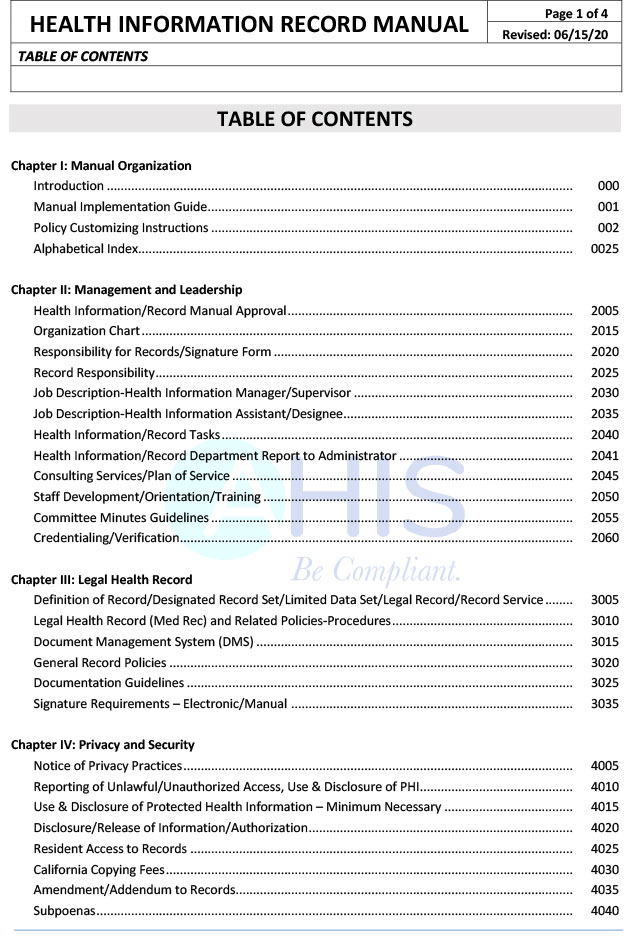

The AFRBA Portal is a one stop shop for the BCMR and all other AFRBA Boards. Those wishing to learn more about the AFBCMR and those wishing to apply should visit. The AFBCMR’s decision is final and conclusive. The burden of proof of either error or injustice rests with the applicant. The case file consists of military records, an advisory from the Office of Primary Responsibility and statements, arguments and documents provided by the applicant. The AFBCMR bases its decision on the evidence contained in the case file. Otherwise, the Board will deny the case on that basis. As such, applicants must first exhaust available administrative avenues of relief before applying to the AFBCMR. The AFBCMR, established under Section 1552, Title 10, United States Code, is the highest level of administrative review within the Department of the Air Force. A correction board may consider applications for correction of a military record, including a review of a discharge issued by court-martial. The Secretary of a military department, acting through a BCMR, has authority to change any military record, when necessary, to correct an error or remove an injustice. Should AFPC be unable to correct the record, they may refer the Retiree or former Airman to the Air Force Board for Correction of Military Records, the AFBCMR. Retirees and Airmen who have separated from the Air Force should contact AFPC’s Total Force Service Center at 80 or DSN 665-0102. Airmen should bring all supporting documents to their local MPS to correct an error. The Military Personnel Section can assist with corrections to errors in the military personnel records of active-duty, Reserve and Air National Guard Airmen. You are still required to either mail or fax this form to NPRC. If you are a veteran or next-of-kin of a deceased veteran, you may also use eVetRecs from the National Archives to create a customized order form, instead of using SF-180, to request information from your, or your relative’s, military personnel records. Requests that involve reconstruction efforts due to the 1973 Fire, or older records that require extensive research efforts, may take six months or more to complete.

The vast majority of these records are paper-based and not available on-line. NPRC holds the historical military personnel records of nearly 100 million veterans. 1, 2004, should contact the National Personnel Records Center by mail or fax using an SF-180. Veterans who separated or retired before Oct. If the relative was deceased after their separation or retirement, proof of death must also be provided as described on the instruction page of the SF-180. Those requesting a deceased relative's record will need to provide their relationship to the former Airman so the next-of-kin relationship can be verified. Requests for records or documents cannot be made by phone. The form can be emailed to AFPC/DP1OR Military Records Incoming at faxed to 21 (DSN 665-3124) or mailed to the AFPC address on the back of the form.

E-mail, mail or fax a signed SF-180 to AFPC’s military personnel records section.
#Find my medical records free#
Register for a free Premium account on the Department of Veterans Affairs’ eBenefits site.1, 2004, may request their records in two ways: How To: Air Force veterans who separated or retired on or after Oct. An Air Force veteran’s separation or retirement date determines to which agency they make the request. AFPC strives to meet a five-day turnaround while requests to NPRC can take 90 days or more. Response times for records requests vary and depend on records availability and workload. AFPC’s military personnel records section receives more than 203,000 requests for records per year while NPRC receives approximately 4,000 to 5,000 requests per day.


 0 kommentar(er)
0 kommentar(er)
